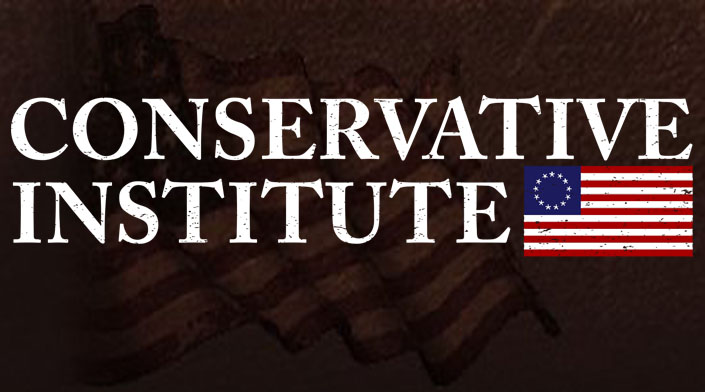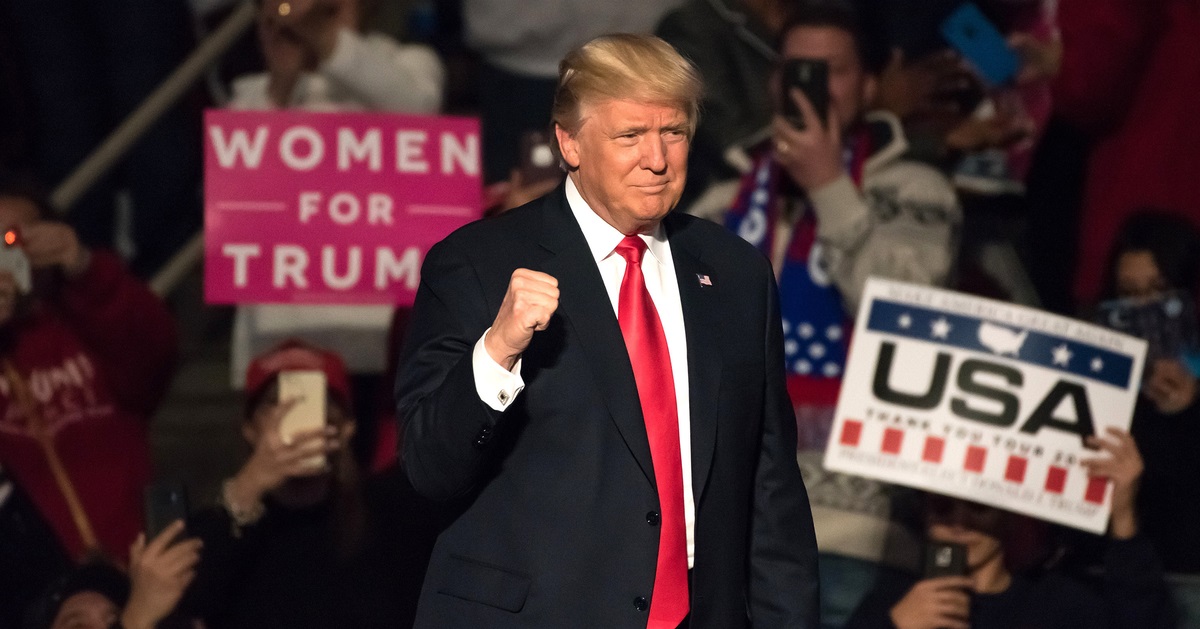WaPo critiques light questioning of Kamala Harris by CNN about Biden's Fitness
In a crucial CNN interview, Vice President Kamala Harris and Gov. Tim Walz were scrutinized about their plans following their designation as the new Democratic ticket, but some believe the questioning could have been more thorough, especially on matters concerning President Joe Biden's mental fitness. A discussion among Washington Post columnists highlighted the notion that the interview lacked depth in this critical area.
The recent CNN interview with Vice President Kamala Harris and Gov. Tim Walz has been criticized for not sufficiently addressing questions about President Biden's mental fitness.
After President Biden withdrew from the presidential race, announcing that Harris and Walz would lead the Democratic ticket, the duo's first sit-down interview was conducted by CNN's Dana Bash. This interview quickly became the focal point for various critiques, especially regarding the depth and focus of the questioning.
During this encounter, Bash posed a question about Biden’s mental fitness only once, a point that was outnumbered by four questions related to fracking. This disparity in questioning priorities sparked comments from several Washington Post columnists who analyzed the interview's structure and content.
Critiques From Washington Post Columnists On Interview Techniques
Columnist Erik Wemple expressed dissatisfaction with the depth of the questioning regarding Biden's condition, implying that Bash could have probed deeper into what Harris knew about Biden’s fitness over time. Perry Bacon added that the balance of questions favored less critical topics, such as fracking, over more pressing issues like Biden’s ability to serve.
Furthermore, Bacon suggested that Harris and Walz managed to quell the brewing media scrutiny through their responses in the interview, which effectively put an end to narratives that Harris was avoiding tough questions. He observed that this strategy might reflect a turning tide in how the Democratic campaign intends to interact with the media.
Democratic Shift Away From Mainstream Media?
Bacon’s observations extended beyond the interview itself into a broader critique of the Democratic strategy. He postulated that the avoidance of media interviews was not solely to protect Biden, but may signify a larger, deliberate move away from engaging with mainstream media—an approach he reluctantly anticipates will continue.
Dana Bash’s interview also included moments where Harris had difficulty responding clearly, noted by David Von Drehle. These initially unclear responses to fundamental questions such as "What would you do on Day One?" exposed some early vulnerabilities in Harris's presentation, though Von Drehle acknowledged improvement as the interview progressed.
Harris’s Plans for the Economic Future
Describing her vision during the interview, Harris articulated several priorities aimed at bolstering the middle class. These included measures to reduce the cost of everyday goods, support small businesses, and strengthen family support systems. Her agenda, labeled as promoting an "opportunity economy," underscores her campaign’s focus on economic revitalization.
The discussion and critique of the CNN interview by Washington Post columnists bring to light the challenges and strategies within political communication. The apparent shift in how Democratic leaders may handle media interactions coupled with Harris’s focus on economic issues, points to a recalibration of campaign tactics following Biden’s surprising exit from the race.
The scrutiny of the interview by seasoned columnists raises important questions about media responsibility and the complexity of political dialogues in high-stakes election campaigns. As the 2024 presidential race heats up, the strategies that Harris and Walz adopt in engaging with the public and the media will likely be a critical factor in their success or failure.
This unfolding narrative will certainly continue to attract attention as more details and critiques emerge, potentially signaling new trends in how political figures navigate the complexities of media influence and public perception in the digital age.




